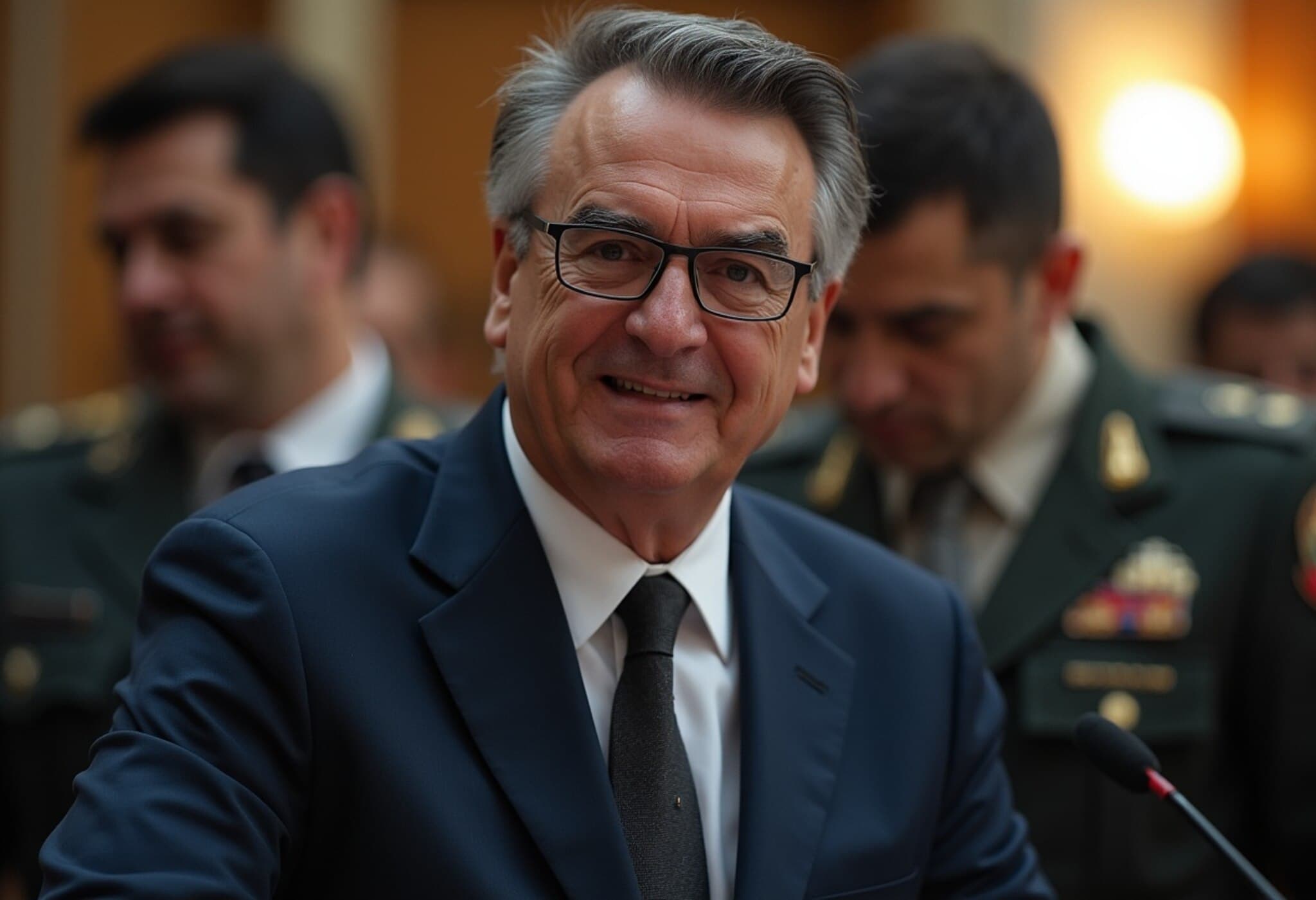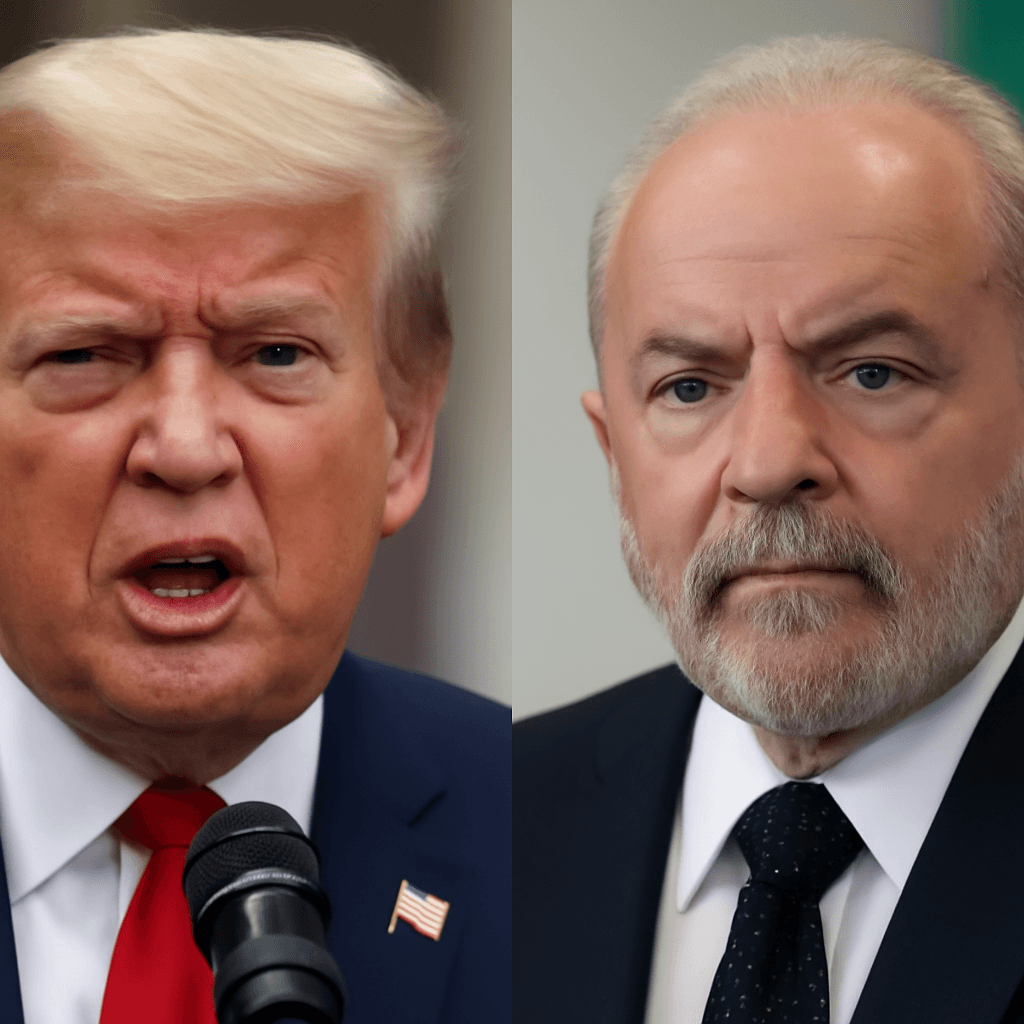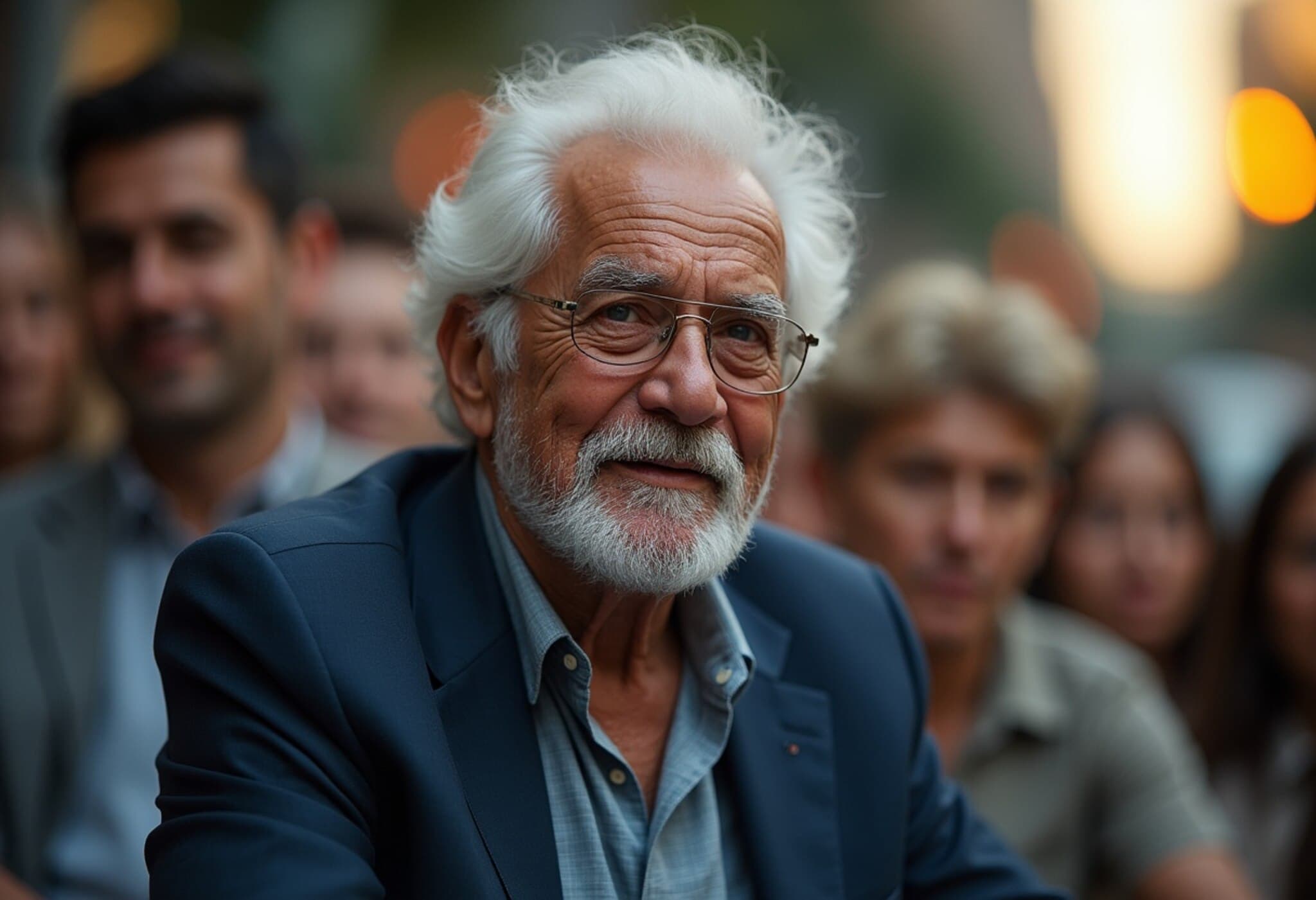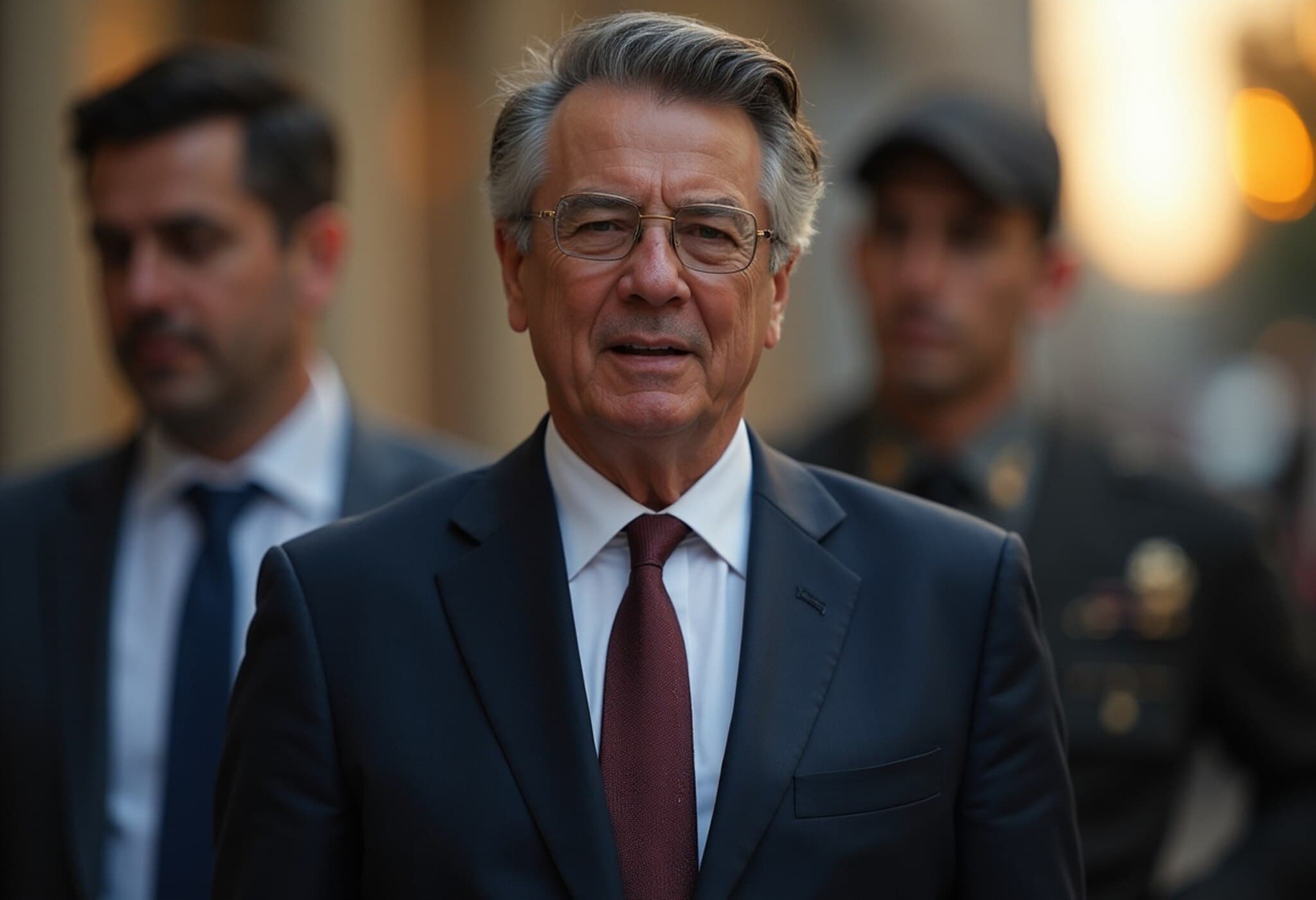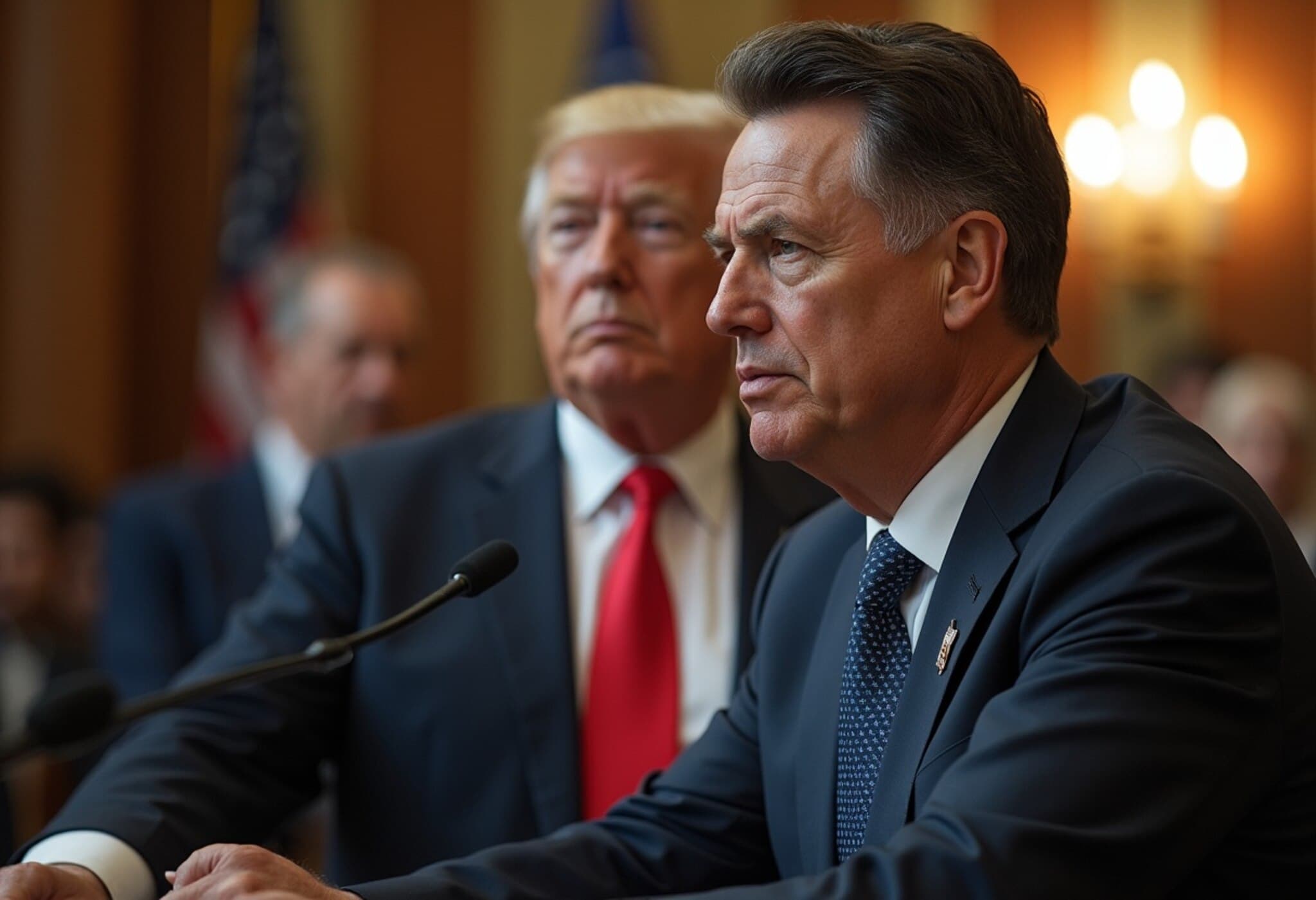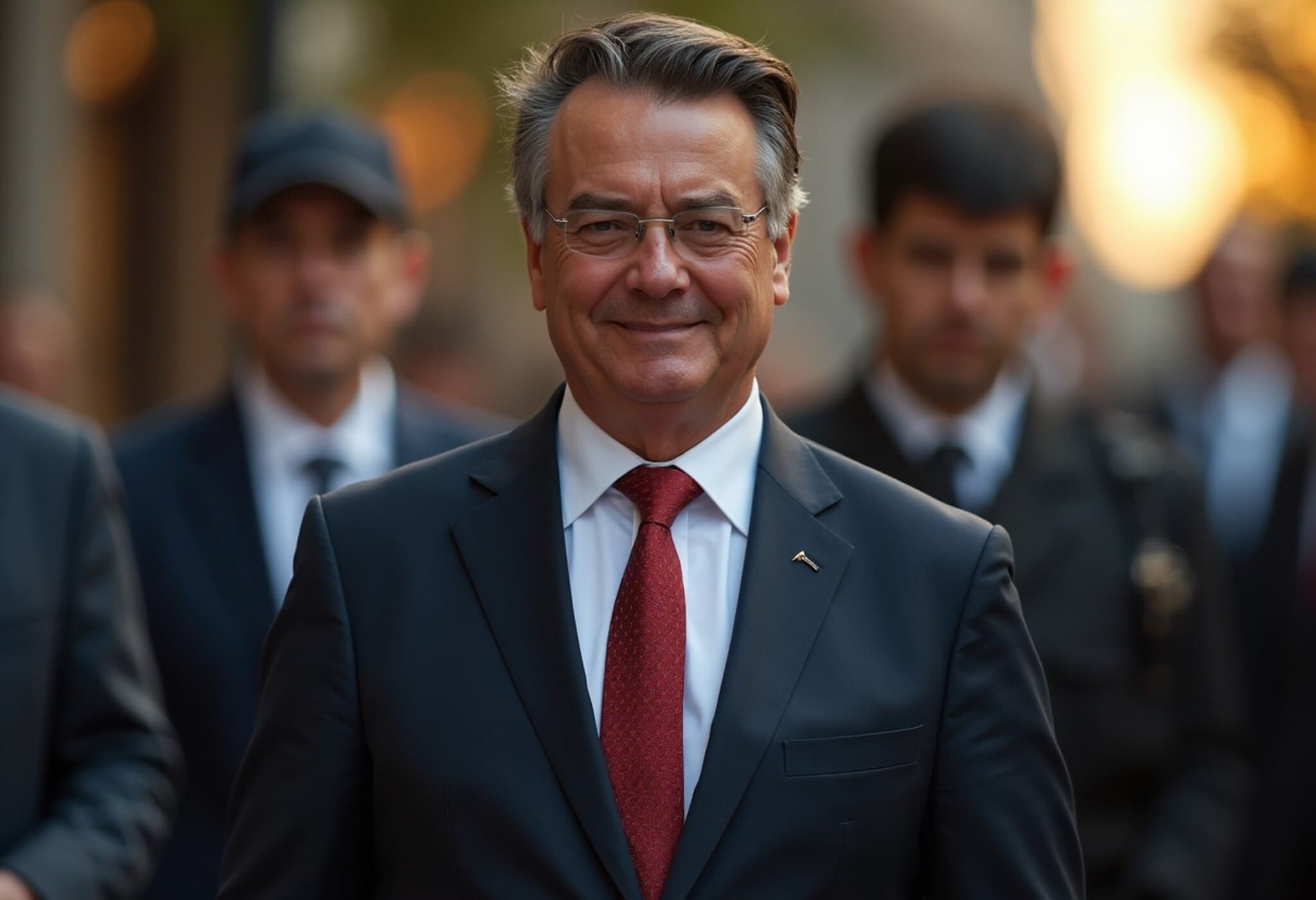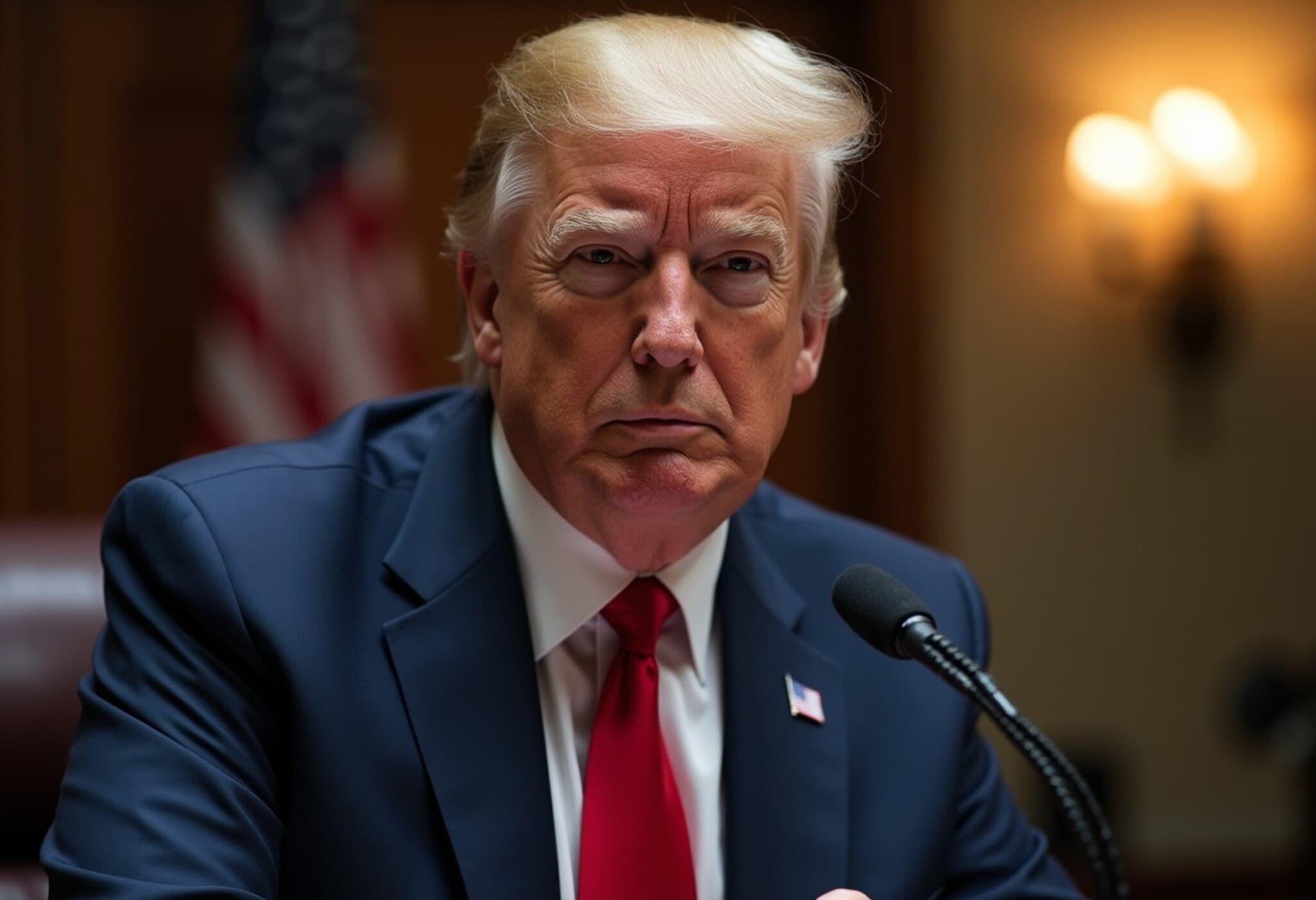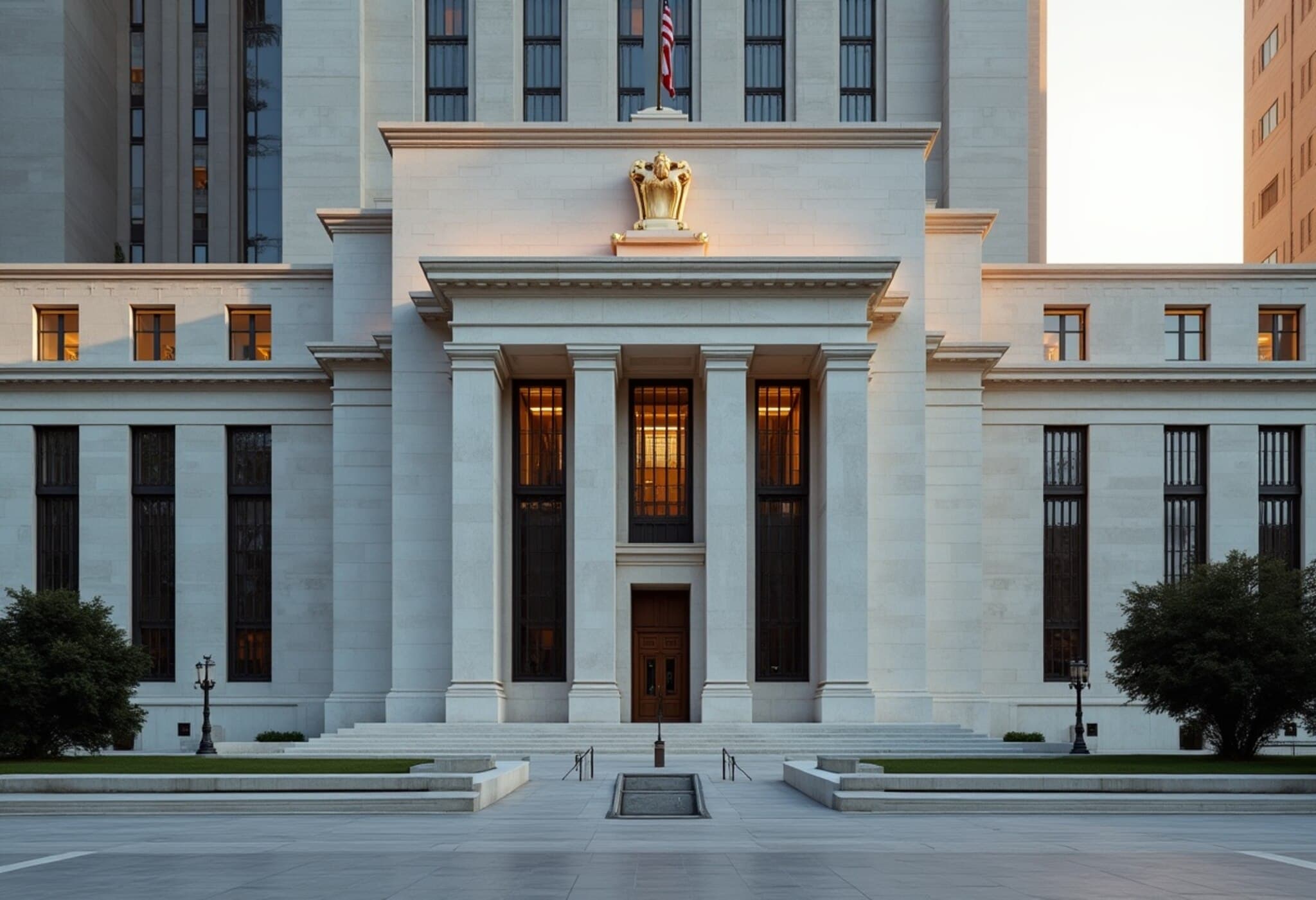Brazil’s Ex-President Jair Bolsonaro Faces Ankle Monitor Order Amid Election Coup Trial
In a dramatic turn in Brazil’s ongoing political saga, former President Jair Bolsonaro has been ordered by the Supreme Court to wear an ankle monitor as part of precautionary measures during his criminal trial. The developments highlight the escalating legal and political tensions following Bolsonaro’s disputed 2022 election defeat.
Bolsonaro Calls Ankle Monitor a ‘Supreme Humiliation’
Addressing reporters shortly after the ankle monitor was fitted, Bolsonaro expressed deep frustration, saying: “It is a supreme humiliation. I never thought about leaving Brazil, I never thought about going to an embassy, but the precautionary measures are because of that.” His statement underscores the strain and stigma the restrictions have placed on his public and personal life.
Stringent Restrictions and Court Actions
The Supreme Court’s ruling includes several stringent restrictions aimed at limiting Bolsonaro’s influence during the trial. These include bans on:
- Leaving his home after dark
- Contacting foreign diplomats or visiting embassies
- Using social media platforms
- Communicating with individuals who are also under investigation, notably including his son Eduardo Bolsonaro
These measures were enforced during coordinated federal police raids at Bolsonaro’s residence and his political party’s headquarters in Brasília. Lawmakers and supporters have decried these actions as political persecution, while the judiciary insists they are necessary for upholding the rule of law.
Eduardo Bolsonaro’s Parallel Investigation
Adding complexity to the case, Bolsonaro’s son, Eduardo — a Brazilian legislator residing in the United States and known for his close ties to former US President Donald Trump — faces separate investigations. Allegations include coordinating with US authorities to impose sanctions on Brazilian officials. This international dimension of the probe raises questions about cross-border political influence and diplomatic sensitivities.
Trial Background: Alleged Coup Attempt and Democratic Undermining
Bolsonaro is being tried for allegedly orchestrating efforts to overturn the 2022 presidential election results, which saw Luiz Inácio Lula da Silva reclaim the presidency. The charges are grave, hinging on claims of coercion, obstruction of justice, and threats to Brazil’s democratic institutions. Supreme Court Justice Alexandre de Moraes, who presides over the case, labeled the actions of Bolsonaro and his son as “blatant confessions of criminal conduct.”
Reactions from Bolsonaro Camp and Trump
The Bolsonaro family has vehemently rejected the court’s actions. Eduardo Bolsonaro criticized Justice Moraes for intensifying the legal squeeze, while his brother, Senator Flávio Bolsonaro, condemned the restrictions as a form of familial and political oppression, telling social media: “Prohibiting a father from speaking to his own son is the greatest symbol of the hatred that has consumed Alexandre de Moraes.”
Meanwhile, former US President Donald Trump publicly declared Bolsonaro’s treatment as “terrible and unjust,” demanding an immediate end to the trial and citing recent US tariffs on Brazilian goods as a form of political retaliation.
Judiciary’s Firm Stance Amid Political Pressure
Brazil’s Supreme Court, for its part, remains steadfast. Insider reports suggest justices have agreed that foreign economic pressures — including US tariffs — will not influence their judicial proceedings.
Prosecutor-General Paulo Gonet's report to the court clearly states: “The evidence is clear: the defendant acted systematically, throughout his mandate and after his defeat at the polls, to incite insurrection and the destabilization of the democratic rule of law.”
Implications for Brazilian Democracy and Regional Stability
The Bolsonaro trial and associated restrictions mark a critical juncture for Brazil’s democracy. The case foregrounds issues that resonate beyond Brazil’s borders:
- Rule of Law vs. Populism: The judiciary’s resolve tests the balance between independent legal institutions and populist political leaders who challenge democratic norms.
- International Influence: The involvement of U.S.-based actors and diplomatic ramifications spotlight the complexity of hemispheric politics.
- Political Polarization: The case amplifies divisions within Brazilian society and political spheres, with right-wing groups decrying persecution and others demanding accountability.
Observers warn that how Brazil navigates this episode could shape its democratic trajectory for years to come.
What Comes Next?
The trial is expected to resume between August and September, with many eyes watching closely. Key questions linger:
- Will the judicial process withstand political and diplomatic interference?
- How will Bolsonaro’s restrictions affect his political influence and the broader conservative movement?
- What implications will this trial have for election integrity and democratic safeguards across Latin America?
Editor’s Note
The unfolding legal battle against Jair Bolsonaro is more than a national drama; it reflects a global struggle over democracy, accountability, and the role of law in checking power. As Brazil wrestles with its political identity, this case offers a cautionary tale on the fragility of democratic institutions amid rising populism. Our continued coverage will strive to unpack these complex dynamics with clarity and insight, fostering informed dialogue on the future of democracy in the Americas.
(With inputs from the Associated Press)











